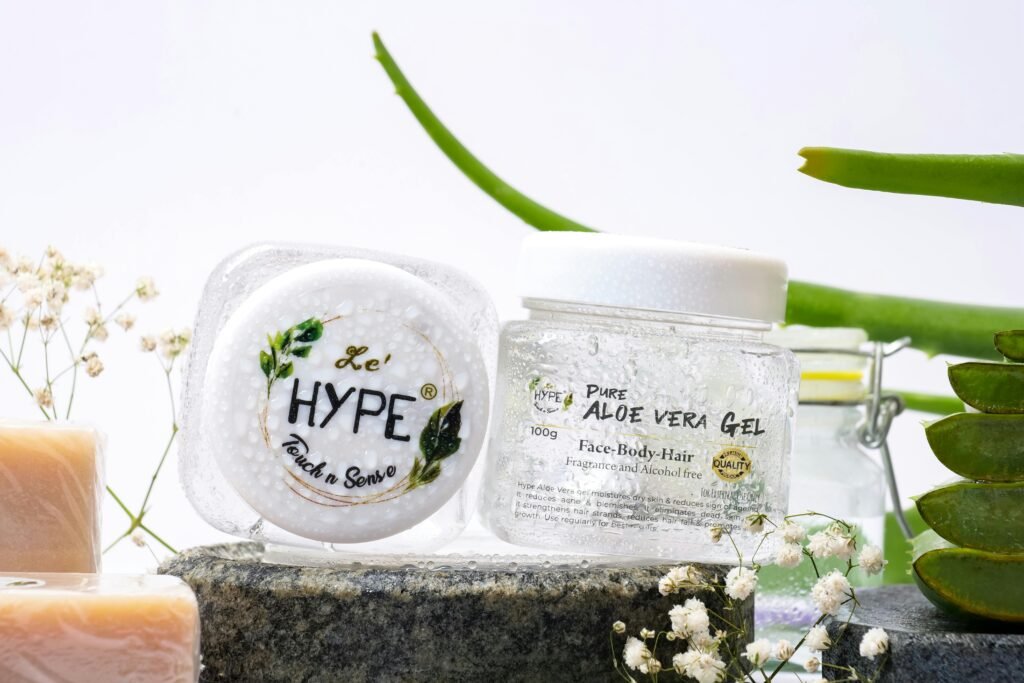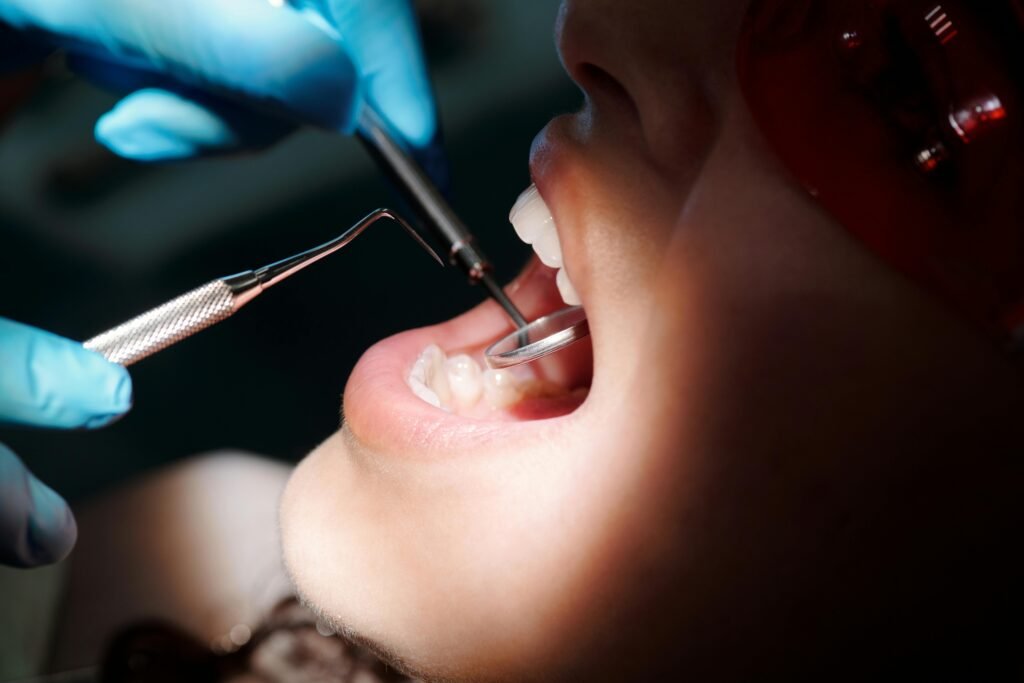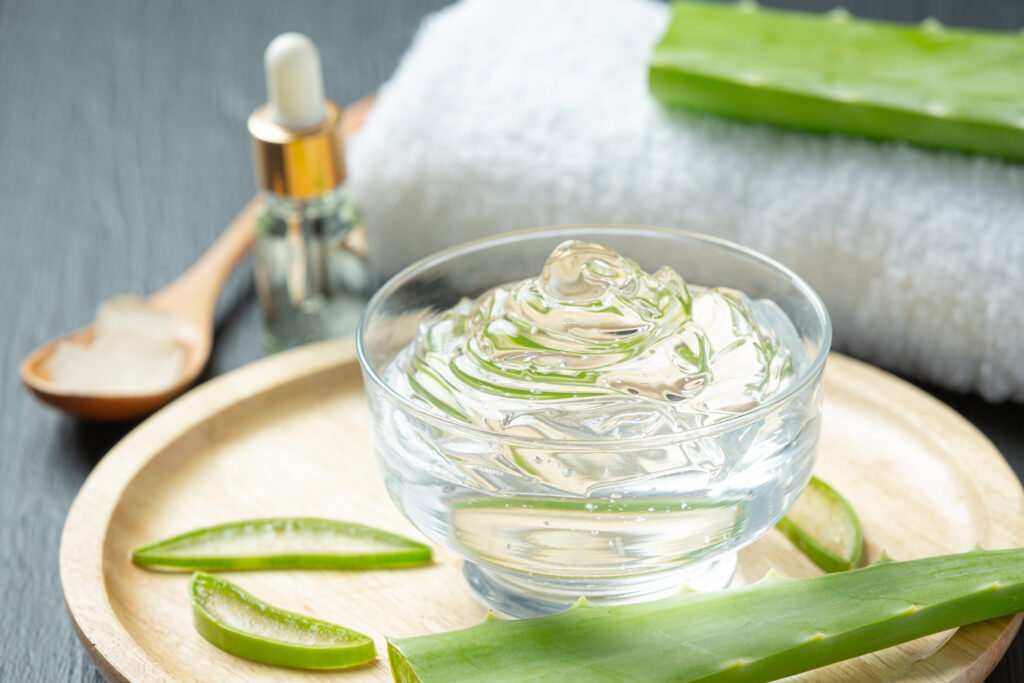Aloe vera, a plant treasured for its resilience and versatility, has been used for centuries across cultures. Today, science is uncovering the biochemical mechanisms behind its remarkable health benefits, validating its role as a natural remedy for many ailments. Whether applied topically or ingested, aloe vera is a cornerstone of holistic health approaches.



Historical Overview: Aloe Vera Through the Ages
The history of aloe vera spans millennia, starting with its revered status in ancient Egypt. Known as the “plant of immortality,” it was used in embalming rituals and skincare, with Cleopatra and Nefertiti purportedly including it in their beauty routines. Ancient Chinese and Indian Ayurvedic traditions leveraged aloe for wound healing, digestive health, and inflammation reduction. By the 17th century, aloe vera had spread to Europe and the Americas, where it became a staple in natural medicine cabinets.
Comprehensive Health Benefits of Aloe Vera
1. Skin Health and Wound Healing
Aloe vera is a first-line remedy for burns, cuts, and skin irritations. Studies show its gel accelerates wound healing through:
- Collagen Production: Aloe boosts fibroblast activity, essential for collagen synthesis, improving skin elasticity and repair【1】.
- Anti-inflammatory Properties: The presence of gibberellins and auxins reduces redness, swelling, and pain in wounds.
Clinical Highlight: A 2019 review concluded that aloe vera significantly reduces the healing time for burns compared to standard treatments【2】.
Additionally, aloe is effective for chronic skin conditions like eczema, psoriasis, and acne due to its antimicrobial and hydrating effects.

2. Digestive Health: Gut Support and IBS Relief
The soothing polysaccharides in aloe vera are prebiotic, feeding beneficial gut bacteria. This aids in balancing the microbiome, which is crucial for overall health.
- Constipation Relief: Anthraquinones like aloin stimulate the gut lining, promoting bowel regularity.
- IBS Symptom Management: Clinical trials demonstrate that aloe vera juice significantly reduces bloating, cramping, and stool irregularities【3】.
Clinical Highlight: A randomized controlled trial in 2020 showed that IBS patients taking aloe vera juice experienced up to a 50% improvement in symptoms over eight weeks compared to a placebo group【4】.
3. Immune System Modulation
Aloe vera enhances immune responses while mitigating overactive inflammation. Key bioactive compounds include:
- Acemannan: This polysaccharide stimulates macrophages and T-cells, enhancing pathogen defense.
- Antioxidants: Vitamins C, E, and beta-carotene in aloe neutralize free radicals, reducing oxidative stress that weakens immunity.
Clinical Highlight: Studies in immunocompromised patients show aloe supplementation enhances immune parameters without adverse effects【5】.
4. Blood Sugar Regulation and Diabetes Support
For individuals with type 2 diabetes or prediabetes, aloe vera can act as a natural adjunct.
- Glycemic Control: Aloe vera extract reduces fasting glucose by inhibiting carbohydrate absorption and improving insulin sensitivity.
- HbA1c Reduction: Regular aloe consumption has been linked to lower long-term blood sugar markers.
Clinical Highlight: A 2021 meta-analysis revealed an average reduction in fasting glucose levels of 22 mg/dL after 8 weeks of aloe vera supplementation【6】.
5. Oral and Dental Health
Aloe vera’s antimicrobial properties are effective in maintaining oral hygiene and reducing gum disease.
- Plaque Reduction: Aloe vera mouthwash matches the effectiveness of chlorhexidine in reducing plaque without the risk of staining.
- Healing Mouth Ulcers: Its soothing gel promotes faster healing of aphthous ulcers.
Clinical Highlight: A 2020 study highlighted aloe’s ability to reduce gingivitis symptoms by 35% within three weeks【7】.

6. Anti-Inflammatory and Antioxidant Properties
Chronic inflammation and oxidative stress are precursors to many diseases, from arthritis to heart conditions. Aloe vera combats this with:
- Anti-Inflammatory Enzymes: Bradykinase in aloe reduces excessive inflammation.
- Antioxidant Boost: Compounds like aloin and emodin protect against cellular damage caused by free radicals.
Clinical Highlight: Research indicates that aloe vera extract mitigates inflammatory markers in patients with arthritis and autoimmune disorders【8】.
7. Heart Health and Cholesterol Management
Emerging evidence suggests that aloe vera supports cardiovascular health by:
- Cholesterol Level Improvement: Lowering LDL (“bad cholesterol”) while raising HDL (“good cholesterol”).
- Blood Pressure Management: Improving triglyceride profiles and reducing blood pressure through vasodilation effects.
Clinical Highlight: A pilot study in patients with hyperlipidemia found that aloe vera supplementation reduced LDL cholesterol by 18% over two months【9】.
8. Anti-Cancer Potential
While research is ongoing, preliminary studies indicate that aloe vera compounds may have anti-cancer properties by:
- Enhancing apoptosis (programmed cell death) in cancer cells.
- Boosting immunity to prevent tumor growth.
Clinical Highlight: Laboratory studies show that aloin, a compound in aloe latex, exhibits cytotoxic effects on colon and breast cancer cells without harming normal cells【10】.

How to Use Aloe Vera
- Topical Gel: Ideal for burns, cuts, and skin hydration. Use pure aloe vera gel or products with a high aloe content.
- Juice: 30–50 ml daily for digestive health or immune support. Ensure the product is free of latex to avoid side effects.
- Capsules: Convenient for diabetes management or general wellness. Follow the recommended dosage on the label.

Best Aloe Vera Products
- Aloe Vera Gel by Seven Minerals
- Features: 100% organic and cold-pressed.
- Best for: Topical use for burns, cuts, and dry skin.
- Lily of the Desert Aloe Vera Juice
- Features: Preservative-free with high bioavailability.
- Best for: Digestive and immune health.
- NOW Aloe Vera Gel Capsules
- Features: Easy-to-swallow softgels for internal benefits.
- Best for: Calming inflammation, soothing aching joints, and aiding in healing the intestines.
Always purchase health supplements from reputable sources. Look for third-party testing, read verified customer reviews, and avoid products that make unrealistic health claims.
Precautions and Risks
- Allergic Reactions: Rare but possible for sensitive skin. Perform a patch test before extensive use.
- Overuse of Latex: Long-term use of aloe latex can cause kidney damage and digestive irritation.
Consult a healthcare provider before incorporating aloe vera into your routine, especially if you’re pregnant, nursing, or taking medications.
Final Thoughts
Aloe vera, a time-honored remedy, is more relevant than ever in modern medicine. Its wide-ranging benefits—from skin healing to gut health and beyond—make it a versatile addition to any health regimen. Backed by robust clinical evidence, aloe vera is a testament to the power of natural remedies when combined with scientific validation.
References
- Hekmatpou D, et al. J Dermatolog Treat. 2019;30(1):70-77.
- Study highlighting the accelerated healing properties of aloe vera for burns and wounds.
- Rafiei M, et al. J Gastroenterol Hepatol. 2020;35(4):603-609.
- Clinical trial focusing on aloe vera’s efficacy in managing symptoms of IBS.
- Zhang Z, et al. Int Immunopharmacol. 2019;72:57-62.
- Study on the immune-enhancing effects of aloe vera, particularly its impact on macrophages.
- Pooladanda V, et al. Phytother Res. 2021;35(6):2931-2940.
- Meta-analysis assessing aloe vera’s impact on fasting blood glucose and HbA1c in type 2 diabetes patients.
- George D, et al. J Clin Diagn Res. 2020;14(1):ZC01-ZC04.
- Study comparing aloe vera-based mouthwash with chlorhexidine for oral health benefits.
- Arunkumar S, et al. J Food Sci Technol. 2019;56(4):2081-2092.
- Research on the antioxidant and anti-inflammatory properties of aloe vera.
- Chithra P, et al. Clin Biochem. 2020;53:9-16.
- Small trial indicating improvements in lipid profiles for patients using aloe vera supplements.
- Viljoen E, et al. J Altern Complement Med. 2020;26(6):528-535.
- Study examining aloe vera’s potential in managing arthritis and reducing inflammatory markers.
- Atherton P, et al. Clin Nutr. 2019;38(4):1790-1797.
- Study discussing aloe vera’s role in cardiovascular health, specifically lipid-lowering effects.
- Lee S, et al. Integr Cancer Ther. 2020;19:1534735420939245.
- Laboratory study investigating the anti-cancer effects of aloe compounds on breast and colon cancer cells.



